Dentures
What is a denture?
People wear dentures to replace lost or missing teeth so they can enjoy a healthy diet and smile with confidence. Dentures are made of either acrylic (plastic) or metal and acrylic.
A ‘complete’ or ‘full’ denture is one which replaces all the natural teeth in either the upper or lower jaws.
A ‘partial’ denture fills in the spaces left by lost or missing teeth. It may be fastened to your natural teeth with metal clasps or ‘precision attachments’.
Why should I wear dentures?
They will help you to eat comfortably and speak clearly, and will improve your appearance. It also will help that your remaining teeth are not moved and tilted.
Will dentures make me look different?
Replacing lost or missing teeth is very good for your health and appearance. A complete or full denture replaces your natural teeth and gives support to your cheeks and lips. Without this support, sagging facial muscles can make a person look older and they will find it harder to eat and speak properly. Dentures can be made to closely match your natural teeth so that your appearance hardly changes. Modern dentures may even improve the look of your smile and help fill out the appearance of your face.
Will dentures change how I speak?
Pronouncing certain words may require practice. Reading out loud and repeating difficult words will help. If you find that your dentures occasionally slip when you laugh, cough or smile, reposition the denture by gently biting down and swallowing. If this continues consult our dentist.
My upper denture fits fine, so why am I having problems with my lower plate?
The upper denture usually has much more suction to hold it in place. The gum support in the lower jaw is much less and the lower denture may feel more wobbly as it has to be balanced between your cheeks and your tongue.
After a while you will learn the shape of your new denture and how to keep in place even when you open your mouth wide.
Must I do anything special to care for my mouth?
Even with full dentures, you still need to take good care of your mouth. Every morning and evening, brush your gums, tongue and the roof of your mouth with a soft-bristled brush. This removes plaque and helps the circulation in your mouth. If you wear partial dentures, it is even more important that you brush your teeth thoroughly every day. This will help stop tooth decay and gum disease that can lead to you losing more of your teeth. Our dentist may refer you to the hygienist to have your remaining natural teeth cleaned regularly.
How long will my dentures last?
So long as you treat your dentures well, they should last several years. However, your dentures will need to be relined or re-made due to normal wear or a change in the shape of your mouth. Bone and gum ridges can shrink, causing your jaws to meet differently. Loose dentures can cause health problems, including sores and infections, not to mention discomfort. A loose or ill-fitting denture can also make eating and talking more difficult. It is important to replace worn or poorly fitting dentures before they cause problems.
How often should I see my dentist?
Regular dental check-ups and having your teeth professionally cleaned are vital for keeping your teeth and gums healthy. Most dentists recommend a dental check up at least once a year. Regular visits allow our dentist to check the soft parts of your mouth, including the tongue and cheeks. These examinations are important so the dentist can spot any infections, mouth conditions or even mouth cancer at the earliest stages. Full denture wearers should check with their dentist about how often they should visit. With regular professional care, a positive attitude and persistence, you can become one of the millions of people who wear their dentures with a smile.
What are flexible dentures?
Flexible dentures are a type of partial dentures which are lighter, more comfortable and virtually unbreakable in comparison to rigid acrylic partial dentures.
Acrylic dentures often require metal clasps to help secure them. These clasps, depending on their position, can be unsightly. Also, the rigidity of acrylic makes it prone to breaking.
How soon can I have a denture after my teeth are taken out?
Usually dentures can be fitted straight after your teeth have been removed. These are called ‘immediate dentures’. You will need to visit the dentist beforehand for them to take measurements and impressions of your mouth. With immediate dentures you don’t have to be without teeth while your gums are healing. However, bone and gums can shrink over time; especially during the first six months after your teeth have been taken out. If your gums shrink, your immediate dentures may need relining, adjusting or even replacing. Our dentist will be able to discuss this with you. Sometimes our dentist may advise you to wait until your gums are healed before having your dentures, as this can sometimes provide a better fit. Healing may take several months.
Will I be able to eat with dentures?
Eating will take a little practice. Start with soft foods cut into small pieces. Chew slowly using both sides of your mouth at the same time to prevent the denture from moving. As you become more used to your denture, add other foods until you return to your normal healthy diet.
How long should I wear my dentures?
During the first few days, our dentist may advise you to wear them for most of the time, including while you are asleep. After your mouth gets used to your dentures, our dentist may advise that you take them out before going to bed. This allows your gums to rest and helps keep your mouth healthy.
Should I use a denture fixative?
Dentures are custom made to fit your mouth and you shouldn’t need a denture fixative. However, over time, dentures may become loose and not fit as well. When this happens, some people prefer to use a fixative for a short time before having them replaced. A poorly fitting denture may cause irritation and sores. This can often happen if you have worn immediate dentures for some time.
To apply fixative, dentures should be cleaned thoroughly either with warm water or a specialist denture toothpaste. Shake off excess water. Apply the fixative. However, using too much fixative may result in ‘oozing’. Using smaller amounts may provide better adhesion. The amount used will vary between dentures. A good fixative applied in the morning should last all day!
How do I take care of my dentures?
Dentures may break if you drop them. Always clean your dentures over a bowl of water or a folded towel in case you drop them.
To clean your dentures, the general rule is: brush, soak, brush. Brush your dentures before soaking, to help remove any food debris. Using an effervescent (fizzy) denture cleaner will help remove stubborn stains and leave your denture feeling fresher – always follow the manufacturer’s instructions. Then brush the dentures again, as you would your own teeth, being careful not to scrub too hard as this may cause grooves in the surface.
Most dentists advise using toothpaste and a small- to medium-headed toothbrush. Make sure you clean all the surfaces of the dentures, including the surface which touches your gums. This is especially important if you use any kind of denture fixative. For more information on cleaning your dentures, look out for our leaflet ‘Tell me about denture cleaning’.
Are dentures my only option?
No. Implants are another option to consider. Ask our dentist for more information on this. You will find more information in our implant section.

